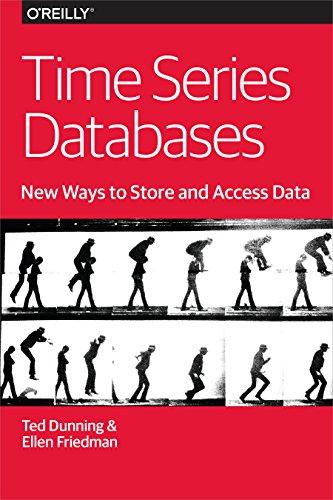Question
The goal of this assignment is to create a C program which: -takes a text file as input -tokenizes the given input -Parses the tokenized
The goal of this assignment is to create a C program which:
-takes a text file as input
-tokenizes the given input
-Parses the tokenized input to determine if it is grammatically valid
Tokenizer.c is not provided and needs to be created. Tokenizer.c will read characters from a given FILE variable and convert them into tokens. It will do so using a function defined as follows:
_Bool tokenizer(struct lexics *aLex, int *numLex, FILE *inf);
Which takes an array of type lexics, an int pointer representing the number of tokens in the input file, and a pointer to a FILE. The tokenizer function will read characters from the given FILE parameter, creating lexemes and the associated tokens. Each time a lexeme is generated, a new lexics struct will be created and the lexeme added. The generated lexeme is then tokenized, the token is added to the generated lexics struct, the lexics struct is then added to the end of the given lexics array.
The given lexical structure is free format and the location of tokens in the text file does not affect their meaning. Alphanumeric lexemes will be delimited by both whitespace and by character lexemes. Because character lexemes are used as delimiters, they cannot be constructed one token at a time. Rather the next several tokens in the file will need to be examined to determine which (if any) character lexeme is present.
The use of helper functions in the Tokenizer.c class is highly recommended. Once the tokenization process is complete, the tokenizer function should return TRUE. If there occurs an error in the process, the function should return FALSE.
Provided lexical structure:
LEFT_PARENTHESIS --> (
RIGHT_PARENTHESIS --> )
LEFT_BRACKET --> {
RIGHT_BRACKET --> }
WHILE_KEYWORD --> while
RETURN_KEYWORD --> return
EQUAL --> =
COMMA --> ,
EOL --> ;
VARTYPE --> int | void
IDENTIFIER --> [a-zA-Z][a-zA-Z0-9]*
BINOP --> + | * | != | == | %
NUMBER --> [0-9][0-9]*
The EBNF Grammar is listed below for reference
function --> header body
header --> VARTYPE IDENTIFIER LEFT_PARENTHESIS [arg-decl] RIGHT_PARENTHESIS
arg-decl --> VARTYPE IDENTIFIER {COMMA VARTYPE IDENTIFIER}
body --> LEFT_BRACKET [statement-list] RIGHT_BRACKET
statement-list --> statement {statement}
statement --> while-loop | return | assignment | body
while-loop --> WHILE_KEYWORD LEFT_PARENTHESIS expression RIGHT_PARENTHESIS statement
return --> RETURN_KEYWORD expression EOL
assignment --> IDENTIFIER EQUAL expression EOL
expression --> term {BINOP term} | LEFT_PARENTHESIS expression RIGHT_PARENTHESIS
term --> IDENTIFIER | NUMBER
Step by Step Solution
There are 3 Steps involved in it
Step: 1

Get Instant Access to Expert-Tailored Solutions
See step-by-step solutions with expert insights and AI powered tools for academic success
Step: 2

Step: 3

Ace Your Homework with AI
Get the answers you need in no time with our AI-driven, step-by-step assistance
Get Started


